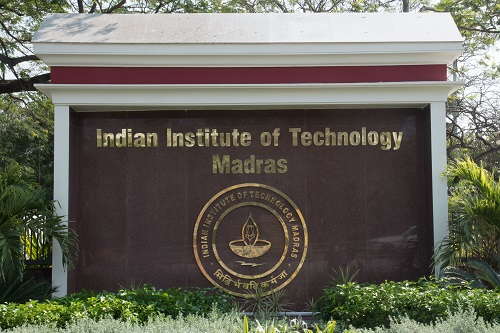
Chennai: Indian Institute of Technology Madras and Harvard University researchers have developed a novel Machine Learning algorithm named ‘CombSGPO’ (Combined Security Game Policy Optimization) that can help in saving wildlife from poaching.
The researchers found that combined and coordinated use of Forest Rangers and drones were a good way to protect wildlife from poaching. As the resources (Rangers and drones) are limited, the researchers developed this algorithm which provides a good strategy to protect wildlife with the resources available. This new algorithm provides highly efficient strategies that are more scalable than the earlier ones created for the same purpose.
The algorithm works by handling resource allocation and strategizing patrolling after the extent of resources available had been identified. For this task, it utilizes data on the animal population in the conserved area and assumes that poachers are aware about the patrolling being done at various sites.
Prof. Balaram Ravindran, Mindtree Faculty Fellow and Professor, Department of Computer Science and Engineering, IIT Madras, and the Head of Robert Bosch Centre for Data Science and Artificial Intelligence (RBCDSAI), IIT Madras, collaborated with Prof. Milind Tambe’s Research Group – Teamcore - at Harvard University, U.S., to carry out this study.
As per the World-Wide Fund for Nature (WWF), wildlife trade poses the second biggest direct threat to the survival of species after habitat destruction. While several organizations and regulatory authorities are trying to curb the incidences of poaching, the poachers seem to have always remained one step ahead of the patrollers. This collaborative research work by two esteemed universities will help in keeping poaching incidents in check.
To extend this research for application in domains such as security, search and rescue and aerial mapping for agriculture among others, the team is trying to perform sample-efficient multi-agent reinforcement learning to learn with the least amount of data since data collection is costly in a real-world scenario.
The work has been peer-reviewed and was well received at the 20th International Conference on Autonomous Agents and Multi-Agent Systems. It can be viewed in the following link - https://dl.acm.org/doi/10.5555/3463952.3464108
Click Here for More Latest News
